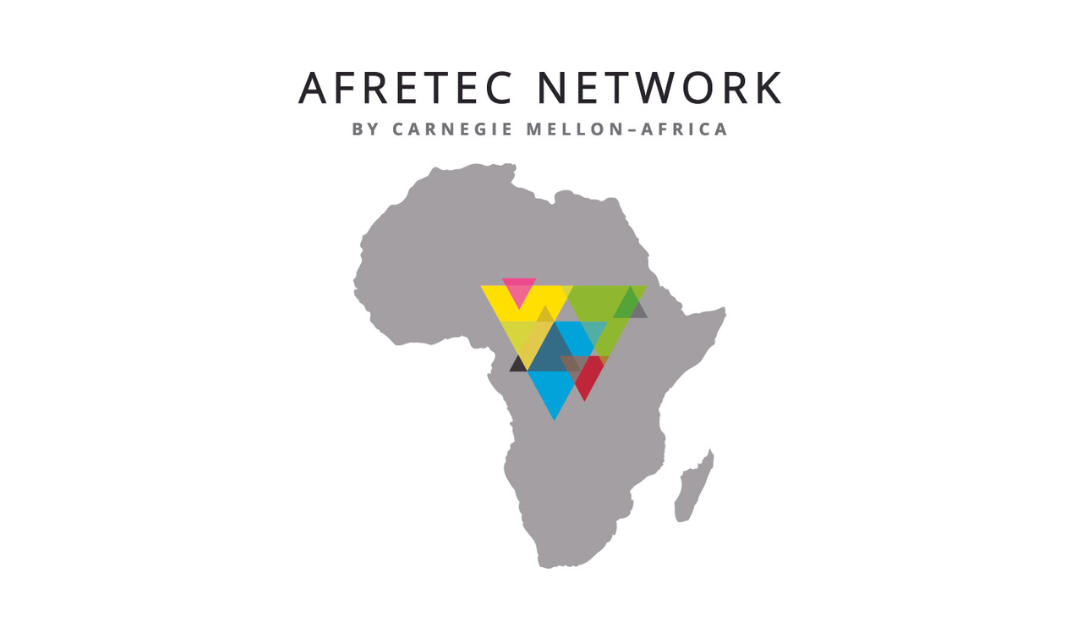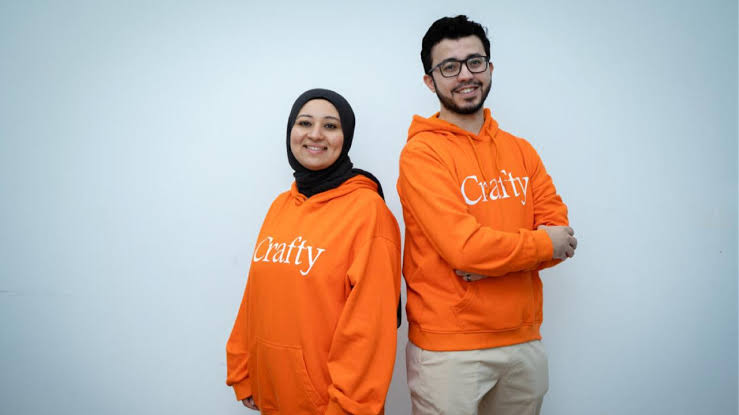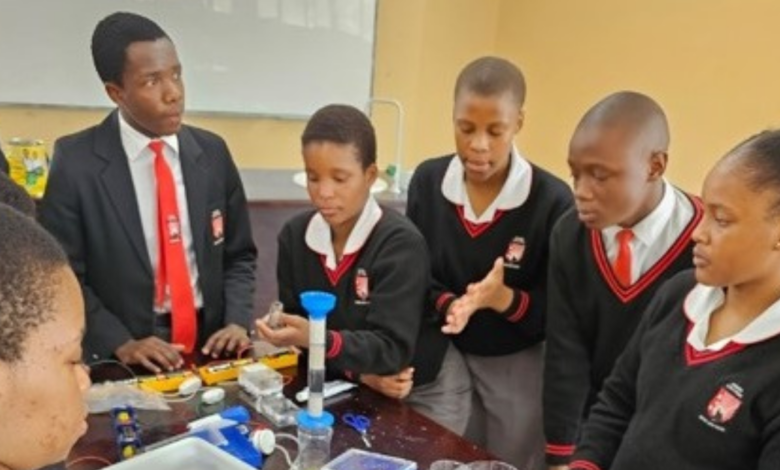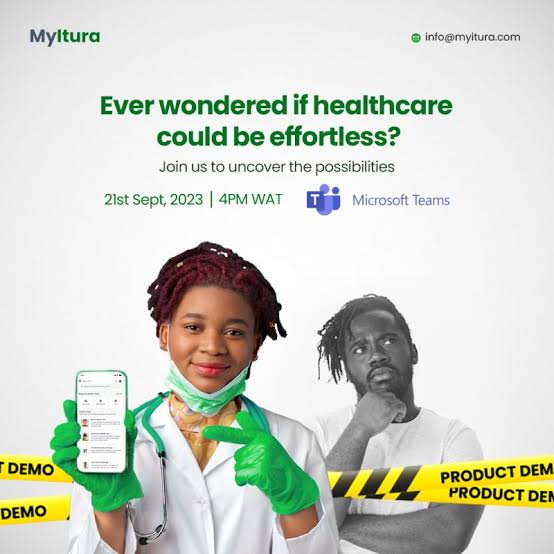In his address to the citizens of Nigeria on the first of January 2024, President Bola Tinubu laid out some of the critical economic plans for the coming year.
In his New Year’s speech in Abuja, the President said that his government would speed up the delivery of services in many areas.
It is important to point out the many areas in Nigeria’s economy that will require modern technology adoption if President Bola Ahmed Tinubu will achieve his ambitious plans.
The president talked about his administration’s goals for 2024 and his plans for the social and economic well-being of Nigerians in his speech. Where does tech come into play?
Read also: Tinubu appoints Desmond Akawor as RMAFC federal commissioner
Stable energy supply through power installations
The President said his administration will install power plants nationwide to ensure reliable power supply.
“In December, at COP28 in Dubai, the German Chancellor, Olaf Scholz, and I agreed to a new deal to speed up the delivery of the Siemens Energy power project, which will provide reliable electricity to our homes and businesses under the Presidential Power Initiative, which began in 2018.
Other power installation projects nationwide are improving transmission line reliability and grid integrity. My administration recognises that the economy cannot transform without reliable electricity.”
Return local petroleum refining
The Port Harcourt and Dangote refineries will start operations this year, according to the President.
His administration’s goal for the year is to restart all state-owned refineries.
“Port Harcourt Refinery and the Dangote Refinery will fully open in 2024, advancing our efforts to restart local petroleum product refining,” he said.
Food safety and food security
According to President Tinubu, the most essential things in his plan are ensuring enough food for everyone and lowering the cost of food.
Nigeria’s food prices have gone up by a worrisome 32.84%, according to the National Bureau of Statistics (NBS).
At the same time, the president said in his speech that he would help lower the cost of food by giving farmers incentives to grow crops.
We will expand our strategy to grow maise, rice, wheat, millet, and other staple crops on 500,000 hectares of farmland nationwide to assure food security, affordability, and supply. The President stated the National Wheat Development Programme began dry season cultivation on 120,000 hectares in Jigawa State last November.
Tax and Fiscal Policy Reforms
The President also said his administration will alter tax and economic policies to boost business. He stated that he would remove any obstacle to local and foreign investment in the country.
He said, “In this new year, we will race against time to codify and simplify all the fiscal and tax policy reforms we need to protect business value.” On every international tour, I’ve told investors and businesspeople the same thing.
Nigeria is business-ready. I’ll combat every hurdle to Nigeria’s business competitiveness and eliminate any clogs to make Nigeria a destination for local and foreign investment.
New Living Wage implementation for employees
Additionally, the President reaffirmed his promise to raise the minimum wage to $204 by 2024.
Those who are poor, defenceless, or working should not have their economic goals or material well-being ignored, according to him.
These thoughts led us to decide that hardworking Americans should be paid a higher minimum wage starting in the New Year. Besides being innovative from a business point of view, he said, “doing this is also the right thing to do – morally and politically.”









